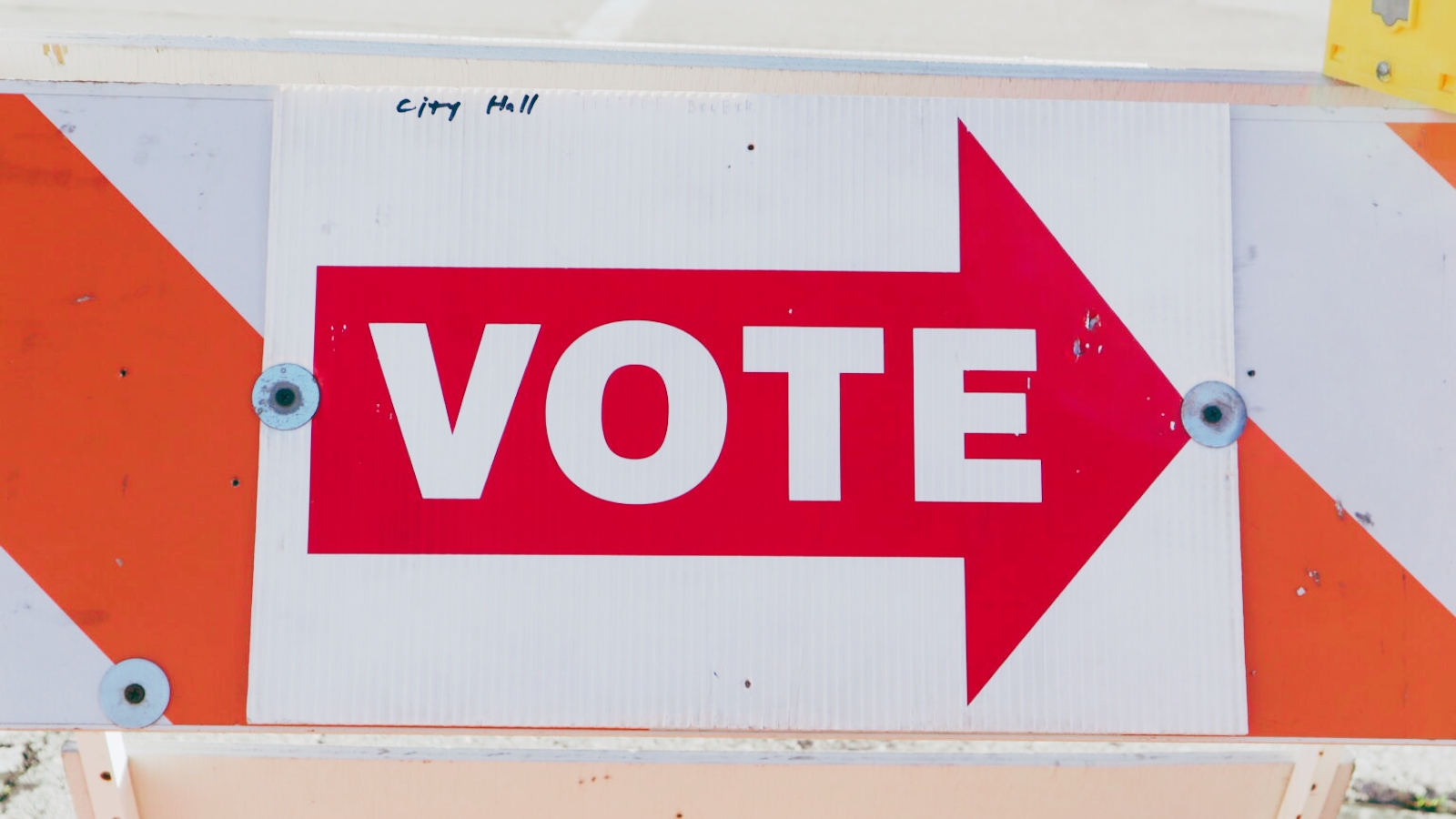
Medicare for All’s Broken Math Won’t Save Health Care
Elizabeth Warren and Pete Buttigieg battled it out over health care reform in Tuesday’s debate, with the mayor of South Bend, Indiana criticizing the vagueness of how the Senator will fund her Medicare for All plan. While Warren insisted she won’t raise overall costs on the middle class, the lack of logistical specifics should concern voters. The federal government already has a bad track record running Medicare for a portion of the population, and new administrative challenges will emerge when the government must insure every person in the nation. Americans who value universal health care coverage deserve more reform options.
Medicare is struggling. According to the 2019 Medicare trustee report, Medicare’s Part A, which covers things from hospital inpatient care to long-term care, can operate at capacity only for another seven years—coming up short three years sooner than previously expected. Come 2026, hospital insurance spending will have to decrease, as current law prevents using debt-spending for this expenditure.
For all Medicare recipients to receive their payments for just another two years, all taxpayers would have to pay an average of 25 percent more in Medicare payroll taxes over the next 10 years. For the median American household, that’s roughly an extra $2,100 of their paychecks they’ll never see.
Medicare Part B, which covers outpatient care and preventative services, and Part D, which provides prescription drug coverage, are funded by premiums and whatever funds Congress allocates. To cover expenses, Congress would have to raise Part B premiums by an annual average of $4,200 per beneficiary and Part D premiums by $2,000. Medicare ran a $363 billion deficit last fiscal year, and since its inception in 1969, Medicare has accounted for $5.1 trillion in deficit spending.
If Congress is struggling to keep Medicare afloat now, passing a Medicare for All bill and making it the single insurance provider in the country will only push it closer to a breaking point. The Medicare for All bill has been estimated repeatedly to cost well over $3 trillion per year, and fully funding it would require the federal government to at least double its current revenues—in other words, doubling federal taxes.
Better health care access can come much cheaper than this, as universal coverage isn’t synonymous with centralized, single-payer health care. Foreign single-payer systems are actually far more moderate than Warren’s Medicare for All bill.
Private health care providers play both substitute and complementary roles in five of the seven single-payer countries Sen. Bernie Sanders regularly admires. Copays and other forms of cost-sharing are prominent even in these systems.
Banning private insurance and out-of-pocket costs would leapfrog the United States past much of the Western world in terms of centralized, socialized health care.
Notably, none of these countries developed their health care systems overnight, a fact Senator Warren seems to ignore. Shifting to Medicare for All would require an extremely disruptive and potentially chaotic transition. A Congressional Budget Office (CBO) report on the logistics of planning and transitioning the U.S. to a single-payer system lists dozens of practical questions, with few answers found on the campaign trail.
Some examples: Who would run the hospitals? How will the government match the inevitable rise in demand for health care, especially since we already face a shortage of health care workers? Can a non-competitive system maintain America’s exceptional innovation in health care? How will Medicare handle incompatibilities between state health care policies? How can we ensure rural Americans access to its new, central IT infrastructure? And how will the government ensure no lapses in coverage for those on private insurance?
The CBO report intentionally did not estimate transition costs, but they must be part of the debate. Shifting the U.S. from the West’s most privatized health care system to its most socialized would be one of the most ambitious policy plans in this century, and logistical difficulties could doom the system before it begins—removing millions of people from private insurance without the resources to replace it.
Medicare for All is an appealing idea to many Americans, but its popularity plummets when voters are faced with its many tradeoffs. The majority of Americans want a reliable government that pursues its goals intelligently and sustainably. Democrats should rally around policies that do just that—rather than hang their hats on a Medicare for All promise that will only let voters down.
Free the People publishes opinion-based articles from contributing writers. The opinions and ideas expressed do not always reflect the opinions and ideas that Free the People endorses. We believe in free speech, and in providing a platform for open dialogue. Feel free to leave a comment.




Steven Moss
“For all Medicare recipients to receive their payments for just another two years, all taxpayers would have to pay an average of 25 percent more in Medicare payroll taxes over the next 10 years. For the median American household, that’s roughly an extra $2,100 of their paychecks they’ll never see.”
What kind of math is this? I make around $50,000 a year before taxes, and medicare taxes are so low for me. For the year of 2018, I paid less than $3000 in medicare taxes. If that went up by 25%, that’s an extra 750, even at 3000 (which it is not). Where does the “extra 2100” come from??? By my math, your “Median American Household” would be making around $140,000 a year! Median American Household where? Silicone Valley? Washington D.C.? Talk about math that doesn’t add up.